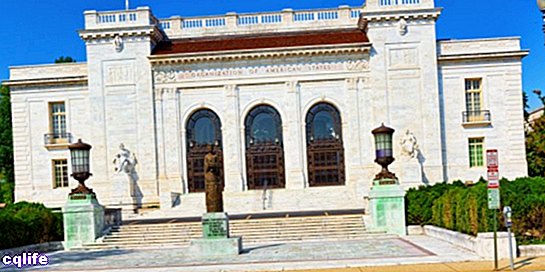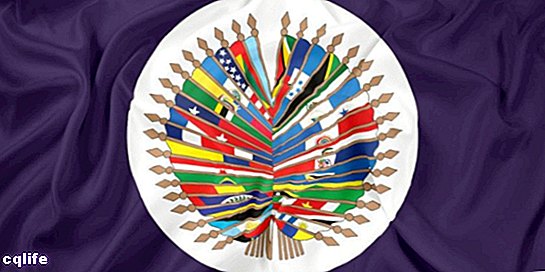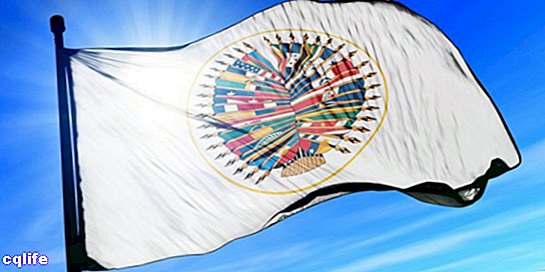We explain what the OAS is and the different functions of this organization.In addition, its objectives and countries that compose it.

What is the OAS?
The OAS is the Organization of American States (OAS), a organization international pan-Americanist court and regional scope of action, created on April 30, 1948 with the idea of operating as a multilateral instance for the integration of continent.
Its headquarters are in the District of Columbia, United States, with regional offices in its 35 member countries, and its official languages are Spanish, English, French and Portuguese.
The origins of the OAS date back to the First International Pan American Conference, established in 1890 with the purpose of laying the foundations for commercial integration between the Americas.
Later, in 1948, 21 nations affiliates of said organization met in Bogotá, Colombia, to sign the Charter of the Organization of American States, thus formally beginning the OAS.
Despite its express purposes of integration and solidarity among all the nations of the American continent, the OAS has been criticized or controversial on numerous occasions.
Perhaps the best known are the lack of support for Argentina during its confrontation with Great Britain over the Malvinas or Falklands Islands (in fact, Chile and the United States supported the European country) and Resolution VI of 1962, in which the decision was taken. decision to expel Cuba from the organization, in the context of the tensions of the Cold War. This resolution subsequently became invalid, but Cuba never rejoined the OAS.
Subsequent polemics have arisen the idea that the OAS responds to not precisely Pan-American interests, but to the veiled imperialist interests, favoring US interests in the region under the guise of strengthening the democracy.
Those accusations have been spearheaded by the government Venezuelan, who announced in 2017 his official retirement from the organization, and proposed CELAC (Community of Latin American and Caribbean States) as a Latin American alternative to the OAS.
Functions of the OAS

The OAS has essentially diplomatic and representative functions, since it is a forum for political cooperation. However, it is empowered to exercise a certain level of coercion in cases that warrant it, as long as it does not violate fundamental principles of its charter, such as the right to freedom. sovereignty nations, and as long as it has the positive vote of the state members. The OAS can also promote human development in its various areas: academic, civic, political, among others.
Objectives of the OAS

The objectives of the OAS are summarized in four fundamental guidelines:
- Political dialogue. To solve problems of diverse nature among the member states, serving as a political forum for the region, moving towards objectives common. For this, the countries adhere to the guidelines of the Inter-American Democratic Charter.
- Cooperation. The OAS provides support in various areas to member countries, strengthening their institutional framework and offering support in electoral and democratic matters, such as electoral observation, study grants, and support for natural disasters.
- Follow-up mechanisms. The organization maintains various mechanisms of measurement among its Member States, to offer data and statistics regarding fundamental aspects of democratic life, such as drug use control, citizen rights, etc.
- Legal heritage. The member countries of the OAS sign multilateral treaties that allow a legislation common around sensitive issues, such as the sale of weapons, the rights of disabled people or the reduction of poverty.
OAS member countries
The OAS is made up of the following member countries:
| Argentina | Nicaragua |
| Bolivia | Panama |
| Brazil | Paraguay |
| chili | Peru |
| Colombia | Uruguay |
| Costa Rica | Barbados |
| Cuba | Trinidad and Tobago |
| Dominican Republic | Jamaica |
| Ecuador | grenade |
| The Savior | Surinam |
| U.S | Canada |
| Guatemala | Guyana |
| Haiti | Belize |
| Honduras | Bahamas |
| Mexico | St. Vincent and the Grenadines |
| Dominica | Old and bearded |
| San Cristobal | St. Lucia |
| Snow | Venezuela (*) |
(*) Venezuela is a member state in the process of separation.
